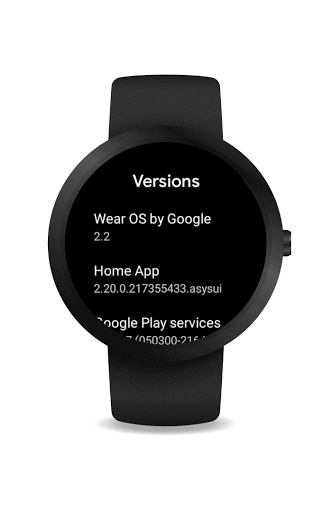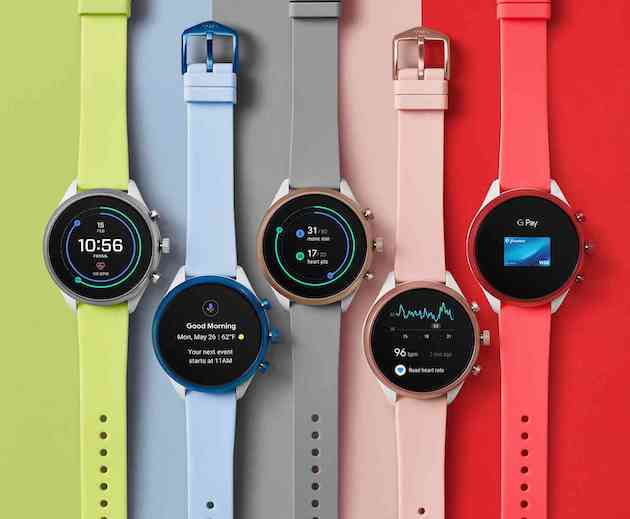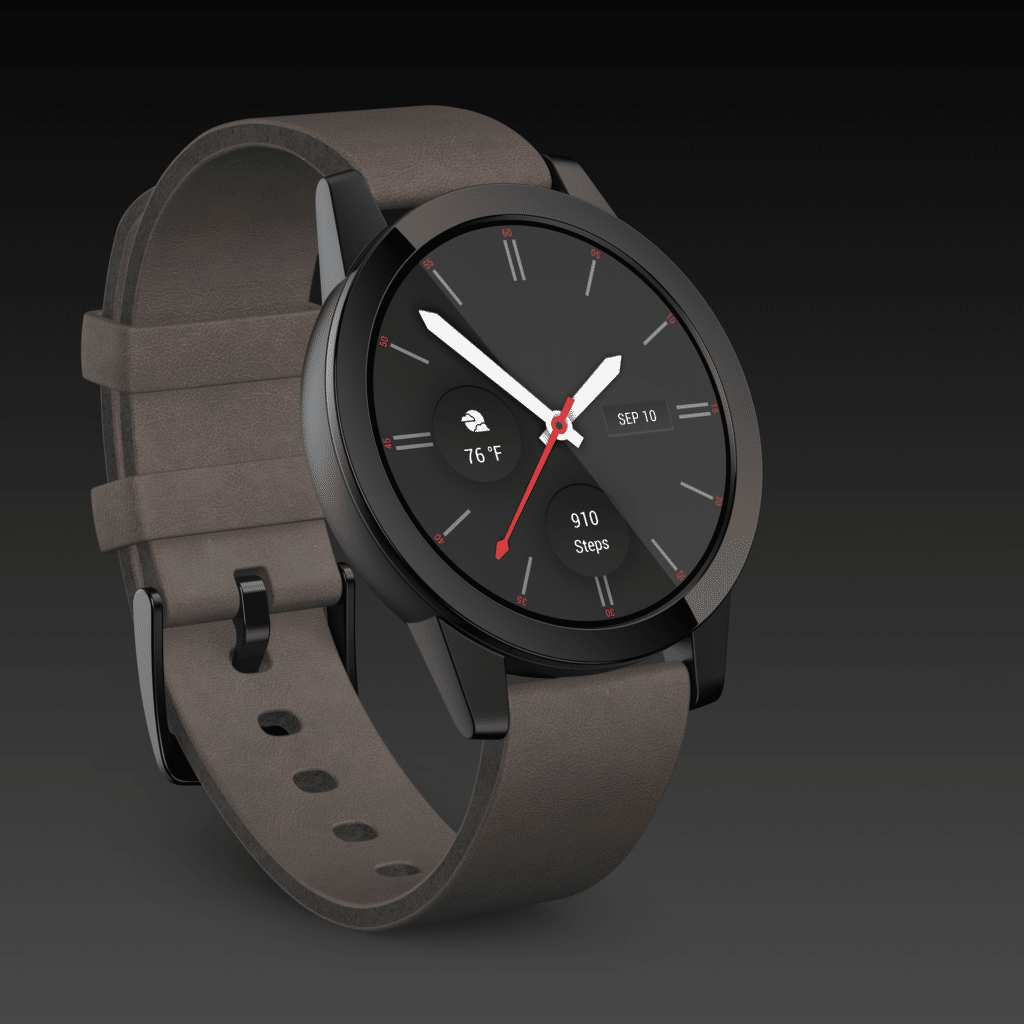
Google did not announce anything related to Wear OS during the first day of Google I/O 18, its yearly developer conference. However, a major announcement from Qualcomm is soon going to breathe a lease of new life to the platform.
The San Diego based chipmaker will be unveiling a new wearable chip later this year. This platform will be unveiled alongside a new flagship Wear OS smartwatch, with several other watchmakers and OEMs releasing new Wear OS smartwatch based on this new platform by the holiday season.
Qualcomm did not provide much details about this new platform, but it did say that it has been made from the ground up for wearables. This should help make it more power efficient especially since it would be fabricated on a more recent node unlike the existing Wear 2100 chip which is based on the ancient 28nm fab. The new platform will also help improve the health and fitness aspects thanks to improved sensors.

“In the 2100 we made tweaks in packaging, in sensors, in a lot of software,” said Kedia, Wear OS director of product. “But when we go to generation three, it’s designed from the ground up for a no-compromises smartwatch experience with dedicated chips that make your watch look pretty when you’re not looking at it, that brings the best fitness and watch experience, and extends battery life.”
Qualcomm has been working with Google on this new Wear OS chip for over two years. Apart from taking customer feedback, it has also taken OEM feedback into consideration while designing its new chip. Unlike the Wear 2100, this new platform will have “dedicated” chips for various use cases. So, there will be multiple variants, though all chips will have Bluetooth and Wi-Fi. The fitness and sports-focused chips will also feature GPS and LTE.
These new chips will help meet the requirements of fashion brands as it will allow them to dramatically improve the look of their smartwatches, make it slimmer, and more. More importantly, perhaps, there will be an improvement to battery life as well which should ensure that the next-generation of Wear OS smartwatches will easily end up offering at least two days of battery life with Ambient mode enabled.
Ultimately, given how much the Snapdragon 2100 platform had held back Wear OS, I’d expect a huge change in the platform once Qualcomm unveils its new chip. The new platform can radically change Wear OS and bring it up to par with its competition.
[Via Wareable]
















